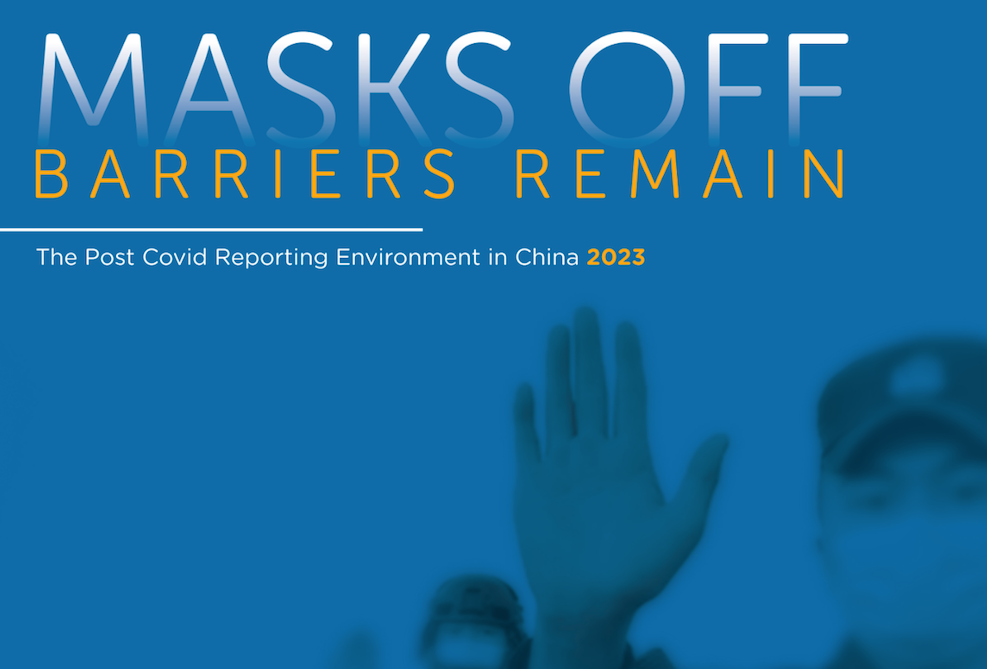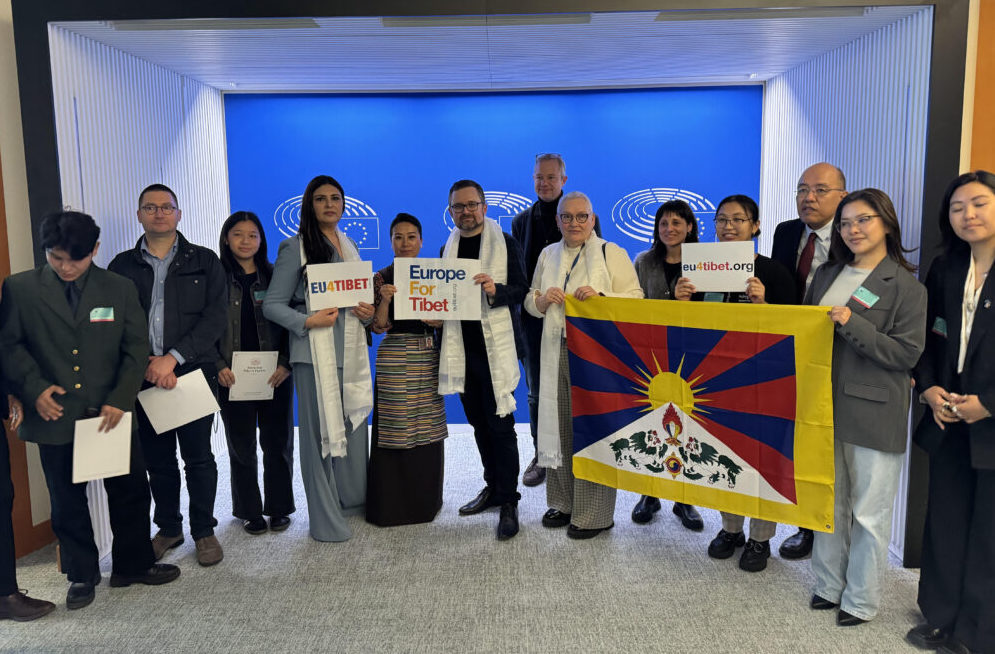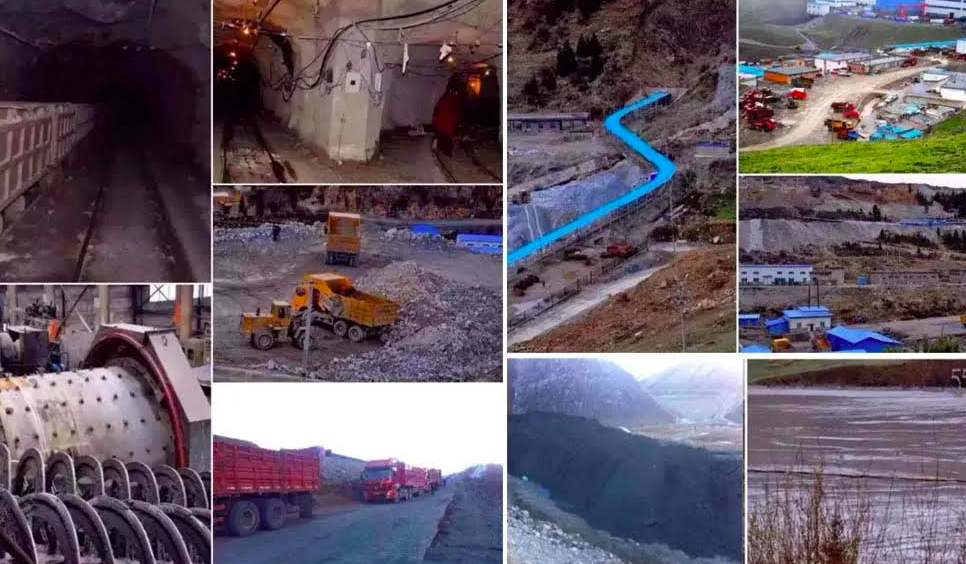UN Commission on Human Rights Fifty-ninth session Item 9: Question of Human Rights and Fundamental Freedoms Oral statement by Ms. Tsering JAMPA, International Union of Socialist Youth (IUSY)
Mr. Chairman,
I am making this statement on behalf of the International Union of Socialist Youth (IUSY).
Ten years have passed since many of us gathered at the World Conference on Human Rights in Vienna. That conference saw States reaffirm their commitment to respect human rights and fundamental freedoms, and to reexamine and strengthen existing human rights instruments. Unfortunately, horrific human rights abuses continue to occur daily, in all corners of the globe and for many a reason. Some of these abuses take an overt form ? they are visibly obvious and images of them invade our homes daily, the latest example being the sad developments in Iraq. Others are more obscured but equally as cruel, harmful and degrading to both those whose lives that are directly affected and to society at large.
The situation of human rights in Tibet over the past 10 years is typical of this latter form. China’s blueprint to assimilate Tibet involves a four-pronged approach. One, to intensify Beijing’s “merciless repression” policy against Tibetan nationalism. Two, to use propaganda and diplomatic means to paint a positive, unbalanced picture of the situation in Tibet. Three, to push misguided economic development plans to counter Tibetan nationalism. And four, to marginalize the Tibetan population by encouraging Chinese settlers onto the Tibetan Plateau. Thus, Tibetans today live in a severely controlled environment and under intense pressures. Surveillance is often tight, the flow of information within and into Tibet is controlled and foreign broadcasts into Tibet, such as Voice of America, are regularly jammed. The Chinese government maintains an active interest in preventing users from viewing certain web content, besides blocking, the authorities have learned to jam e-mails that they deem subversive. The words Tibet, Taiwan, Xinjiang trigger automatic filtering. More than 60 per cent of Google’s top 100 ‘Tibet’ sites were blocked.
Mr. Chairman, China’s charge of “counterrevolutionary crimes” ” which had been applied to hundreds of Tibetans ” was removed from its criminal code in March 1997, but this was simply replaced with the equally elastic notion of “endangering state security” and has, in the process, actually broadened the capacity of the state to suppress dissent. We thank many governments and thematic special procedures of this Commission for expressing concern regarding the unfair trial and execution of Lobsang Dhondup on 26 January this year in Eastern Tibet. Lobsang Dhondup was accused for committing such crimes and instigating “acts of terror”. Unconfirmed reports on the state of Lobsang Dhondup’s body after the execution indicated that his ears had been cut off and his mouth and nose were badly bruised.
Tenzin Delek Rinpoche, a popular Buddhist leader, who was arrested at the same time as Lobsang Dhondup, is one of at least three religious leaders that China has singled out in recent years as being a threat to their rule. All three lamas had attempted to benefit the local Tibetan community through education and charitable work. They remain in Chinese custody and Tenzin Delek Rinpoche is facing the death penalty. It is clear from this case of Tenzin Delek Rinpoche and Lobsang Dhondup’s execution that the Chinese authorities are attempting to undermine the non-violent freedom struggle of the Tibetan people by linking it to their so-called “fight against terrorism.” This is a very sad development for the Tibetans. Amendments to the Chinese Criminal Law adopted in December 2001 place severe punishments for those who “organize or lead a terrorist organization” from three years to ten years imprisonment to between ten years and life (article 120 of the Criminal Law). The term “terrorist organization” is not defined thereby allowing a broad and ambiguous range of interpretation including non-violent political activities.
Mr. Chairman, in conclusion, we call on the Commission to affirm that the legitimate aspirations of the Tibetan people be heard and understood in international fora as Tibetans ” a people distinct from Chinese ” with their own rich and unique cultural, religious and historic legacy. It is equally important for the credibility of this Commission to ensure that China’s promised invitation to several special thematic procedures becomes a reality this year, and that they include visits to Tibet. Finally, we urge China to extend a standing invitation to all thematic mechanisms to show its responsibility as a “permanent” member of the UN’s highest Human Rights body.
I thank you, Mr. Chairman.









